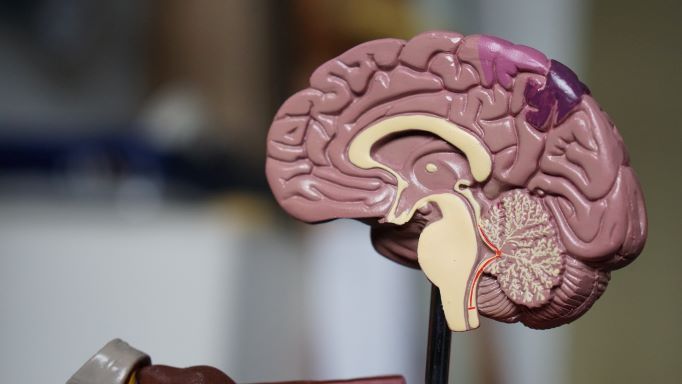Cardiovascular disease linked to mental health
There is a fourfold increase in the likelihood of presenting with heart or blood vessel abnormalities in patients who have a diagnosis of depression and/or anxiety.

Patients with an established diagnosis of depression and/or anxiety have a four times higher risk of presenting heart or blood vessel problems. Stress is also a clear cause of acute myocardial infarction or coronary spasm, which is a sudden and temporary narrowing of one of the coronary arteries that bring blood and oxygen to the heart.
Cardiovascular disease is the leading cause of death worldwide. It develops when there is damage to the heart due to biological issues, which are sometimes genetic, but others due to lifestyles and associated risk factors, due to the type of activity styles and associated risk factors, due to the type of activity people engage in.




